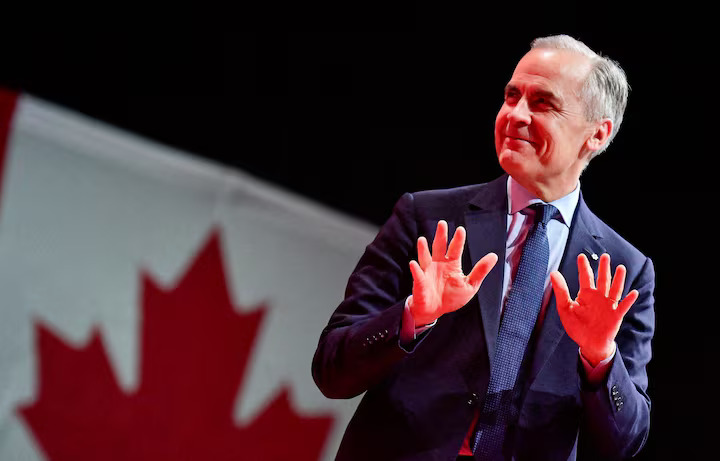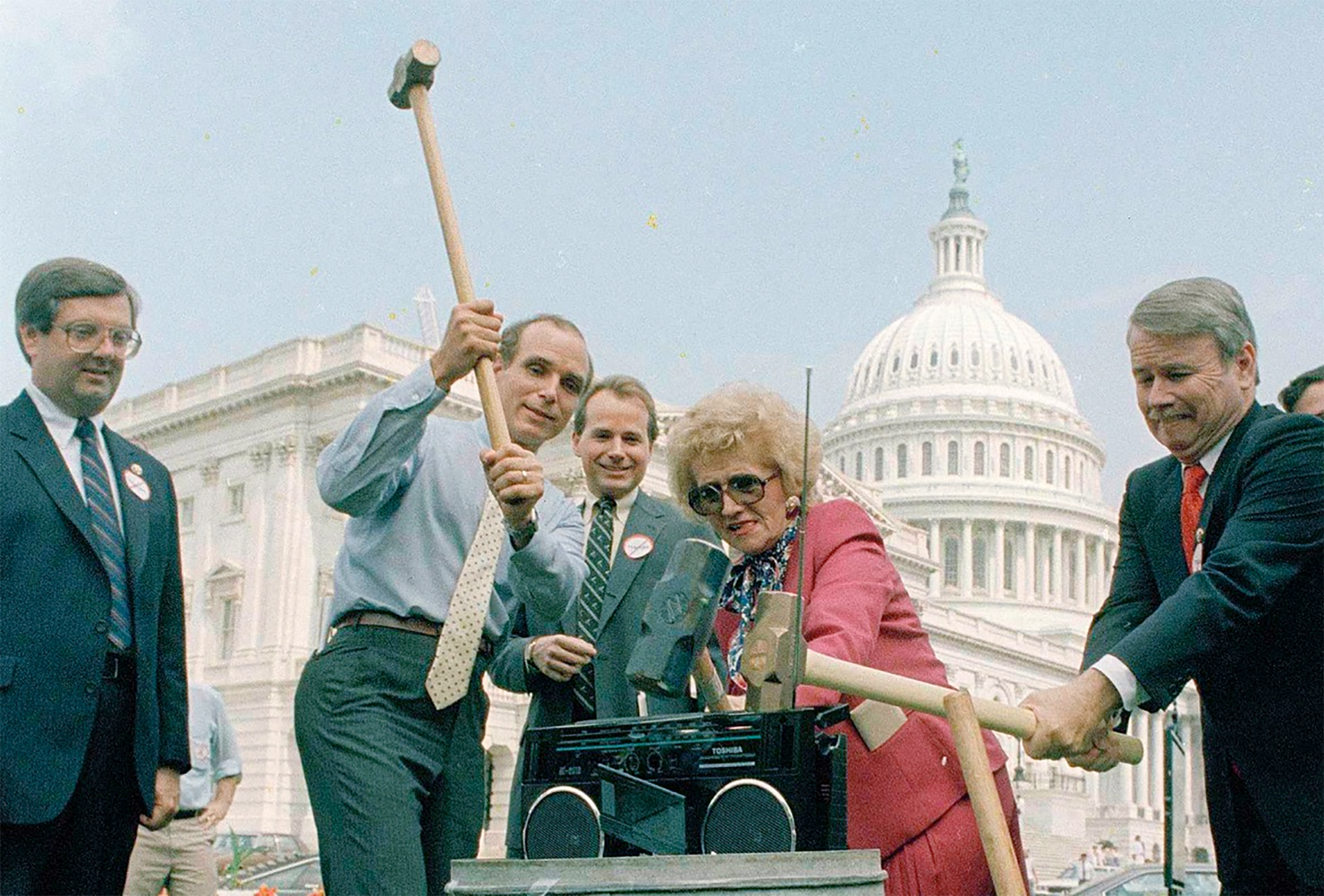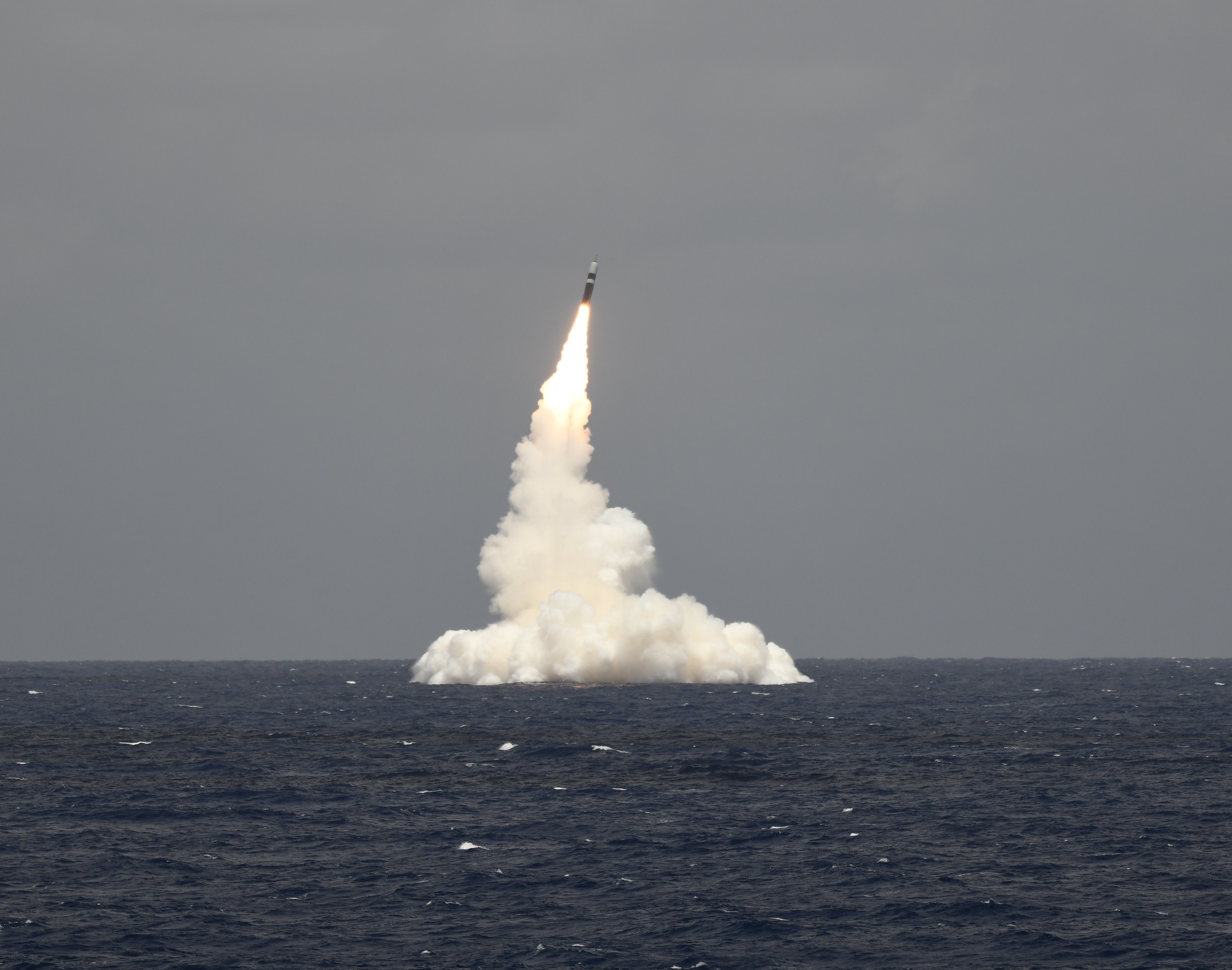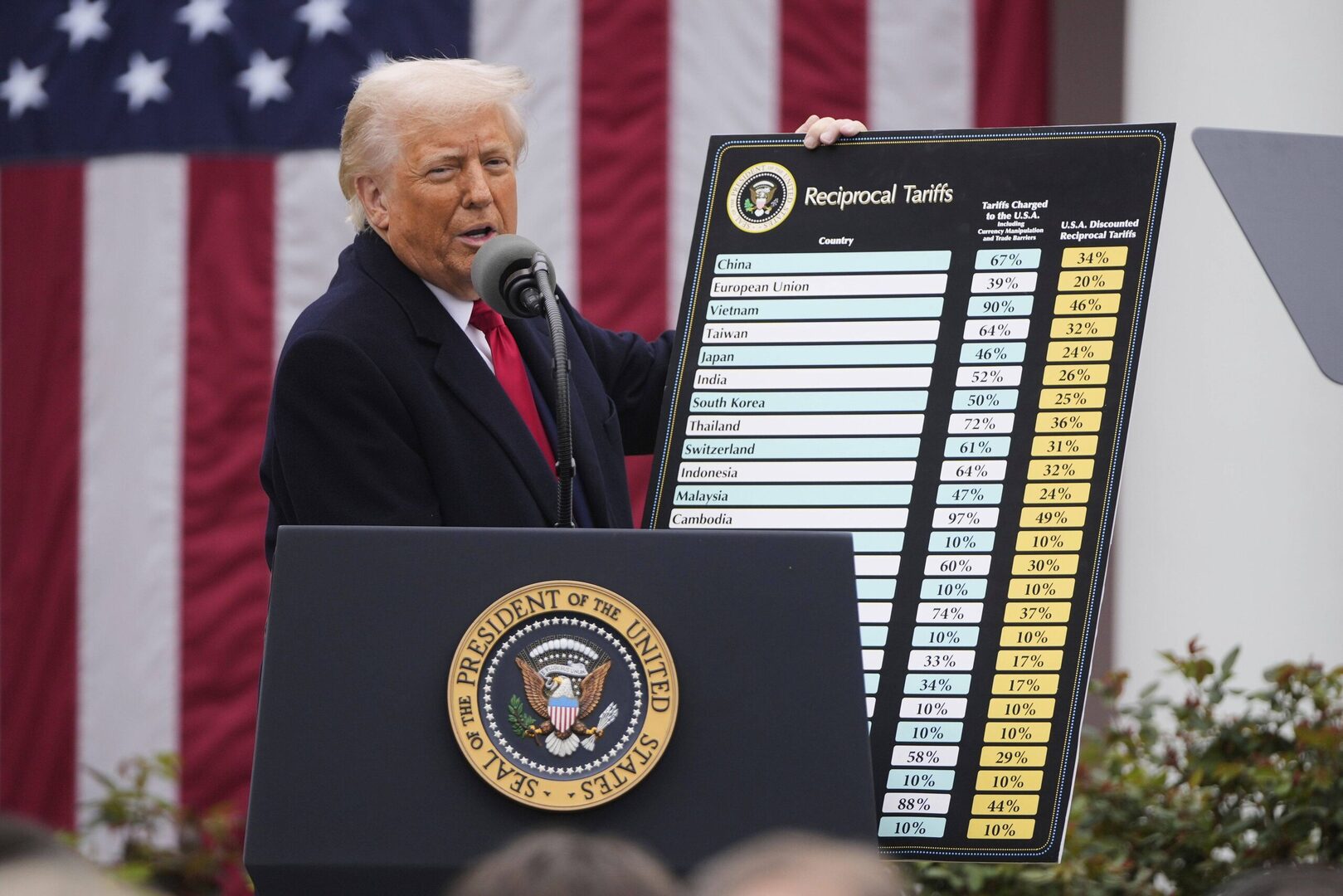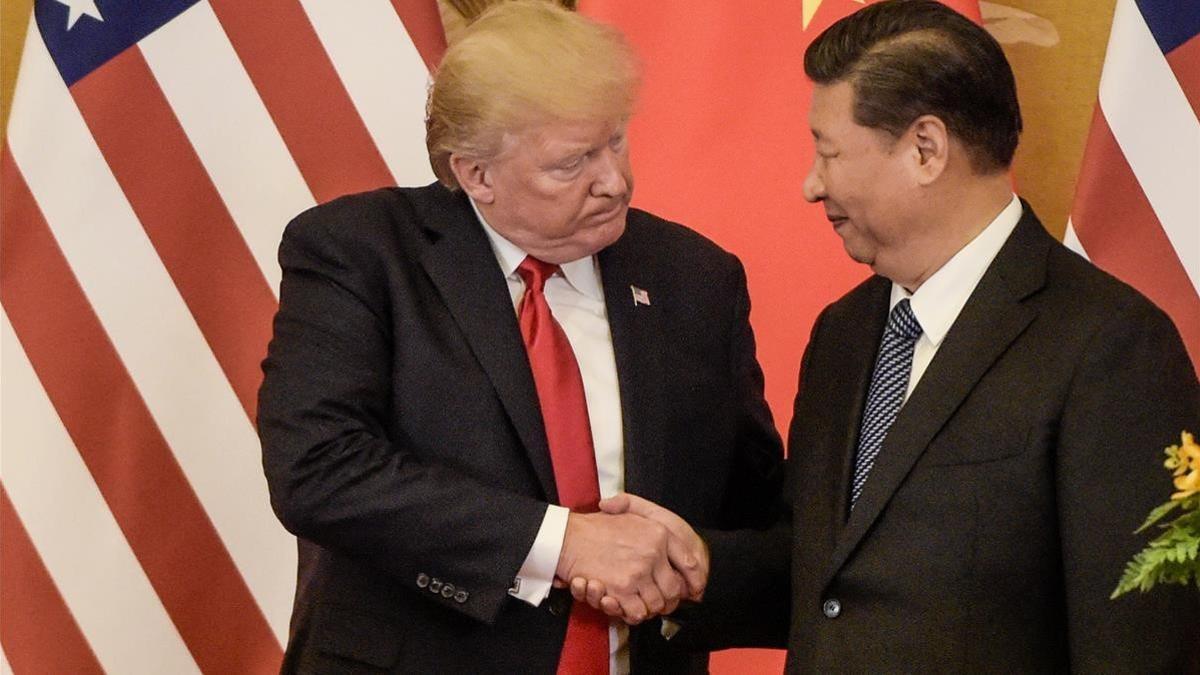billion

On March 11, 1941, he signed Franklin D sitting at the Resolute Desk table of the oval office of the White House. The Lend-Lease Act, passed by the Senate three days earlier, by the President of the United States Roosevelt, which entered into force on the same day.
Nine months left after the attack by Pearl Harbor, United States II. So they would dive right into the World War. But the rule allowing the loan or leasing of military or civilian material to those who were already at war with the Axis powers (in fact, the United Kingdom and China; later, the Soviet Union and so on would come under the law) would mark the beginning of American participation.
During the 55 months in force, the Lend-Lease Act allowed for transfers of material in excess of the current $600 billion. The main beneficiary – and, incidentally, the debtor – (approximately two thirds of the total) would be the British Empire, the end of which cannot be carefully understood without this fact. Neither the concerted economic and financial system of Bretton Woods, nor the Cold War itself.
Knowing that the affinity with that of 82 years ago was scarce (and that the differences were many, and almost all the worst), but that he suggested parallelism with it, he could not ignore the warmth he could give, so the President of Biden addressed the Americans on Thursday from Resolute Hart himself to read a conference that will not go into the anthology of the reception (the second that makes his mandate) and ask for money… A lot of money: $100,000 million pass, as is known. To condition warrior resources, like the FDR.
But the similarities ended up there. The Lend-Lease Act had already been approved by Roosevelt for a long time in Congress in March 1941, while Biden gave his speech mainly to pray/rebuke the Republican Lower House in chaos (and the Senate that at any time could go by hands). He did not say to his words that the United States is already at war. He suggested to listeners that the blood would be from people elsewhere, but he didn't tell them why to move from believing that in the Middle East they had the "best situation of decades" to believing that it could be at a crucial time of war has taken only ten days. He didn't explain why dozens of times he mentioned Putin as a terrible threat, and if you have Netanyahu, an ally that looks pretty much like her and that Biden also made her president.
And most of all, he didn't tell them when, how and who is going to pay the big bill. This time, it's not a loan or a lease. Biden also called "prudent investment."
In return, he told the Americans that they will be able to live in peace for several generations. This was never promised by Roosevelt.
Professor Jeffrey Sachs of Columbia University is interviewed by Yanis Varoufakis on the DiEM25 movement’s YouTube channel. This explains that in international politics the United States of America plays poker, Russia plays chess and the Chinese play Go. The latter was... [+]
Washington, D.C., June 17, 1930. The U.S. Congress passed the Tariff Act. It is also known as the Smoot-Hawley Act because it was promoted by Senator Reed Smoot and Representative Willis Hawley.
The law raised import tax limits for about 900 products by 40% to 60% in order to... [+]
Bandera amerikanoz inguratuta, muga-zergen oldarraldi berria iragarri zion munduari Donald Trumpek apirilaren 2an. Geroztik hamaika astindu jasan dituzte burtsek eta nazioarteko merkataritzak. Baina hau ez da zoro baten boxeorako ringa bakarrik: AEBetako politikan hamarkada... [+]
If that's the fear. Donald Trump seems to have come to occupy Washington’s rounded office for a long time. He has a second mandate, but to his close advisers, confirming that he is not joking, he also mentions his rigid goal of changing some isolated numbers in the Constitution... [+]










